Launching a first-of-its-kind green loan program to help scale early-stage cleantech firms and speed up equitable climate action, the Los Angeles Cleantech Incubator (LACI) debuted their scaled debt fund earlier in 2022. For startups that require funding to support their first client orders or working capital to scale their operations, the debt fund will offer loans as a non-dilutive substitute for venture capital. The LACI Cleantech Debt Fund will not need founders’ personal collateral or their personal credit scores for underwriting, in contrast to most conventional bank loans.
I connected with Hyder Shuja, Senior Manager of the LACI Cleantech Debt Fund, to dive deeper into eligibility, when this capital should be leveraged, offerings, and considerations to think about.
Who is eligible?
HS: Startups who are alumni (or have completed six months of curriculum) of LACI’s Incubator or Market Access Programs are eligible through LACI. Additionally, portfolio companies of partner incubators (Greentown, Evergreen, and New Energy Nexus), as well as CalSeed or CalTestBed participants will also be eligible. However, anyone coming from a partner incubator must be nominated by their respective incubators first.
What is the use of this capital?
HS: We have two products that we’re offering. 1) Our First Customer Financing loan is designed for startups with an executed pilot or project agreement for which they need bridge financing. This is for startups that are pre-revenue or find themselves in gap periods between grant programs or their first round of customers. 2) Our Working Capital loan is for startups that are a little further along in their development, making $100,000/year or averaging $10K/month revenue, or at least showing strong signs of traction towards those milestones. The Working Capital loan can cover payroll, inventory, supplies, and a wide variety of business expenses.
When should startups come to you, and why?
HS: Startups should come to us if they’re participating (or have participated) in our Incubation or Market access programs; or if they’ve been nominated by one of our incubator partners. We are looking for businesses involved in these programs because they tend to be de-risked through a wide variety of support services and resources.
What is the process like?
HS: Applicants will start by contacting their respective incubator points of contact (Hyder Shuja with LACI, Jackie Firsty with Greentown Labs, Ian Adams with Evergreen Climate Innovations, and Christina Borsum with New Energy Nexus). They will then undergo an initial screening to determine if they align with our impact goals and are financially ready to pay back a loan in the projected time period. If there is a potential fit, they will begin the application process and be introduced to our lending partner. The due diligence process can go as quickly or slowly as the applicant chooses. If there is a well-established data room, we can move much faster to secure the loan. The process takes 4-6 weeks from the beginning to a final decision. Once due diligence is completed, we’ll collect closing documentation and move to fund.
What is the fee structure like? What is the cost of capital? How should startups think about pricing? What are the additional terms that are noteworthy?
HS: The interest rate of both loans is 9%, and there is a 1.5% closing cost for the loan. It’s essential to recognize that debt sits on the balance sheet and is a more concrete payback structure than equity. However, loans are non-dilutive and allow founders to maintain more ownership of their companies. Most startups cannot access cheaper bank capital, so compared to other products out there, this tends to be more affordable.
What are the pros/cons?
Pros
– No founder dilution
– No prepayment penalty
– No credit requirements/minimum credit score
– No personal guarantee requirements
– Allows project-based financing without taking on large raise cycles
Cons
– It sits on the balance sheet as a liability
– Will be liquidated before equity if the business files for bankruptcy
– Smaller check sizes compared to equity raisesFor more info on LACI.

